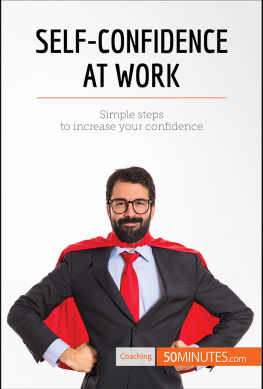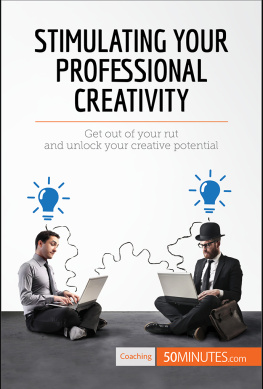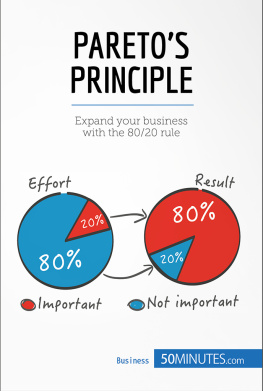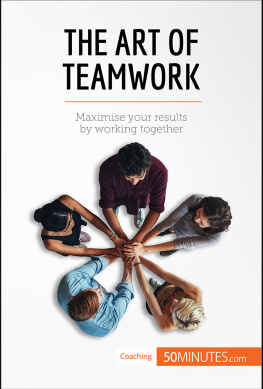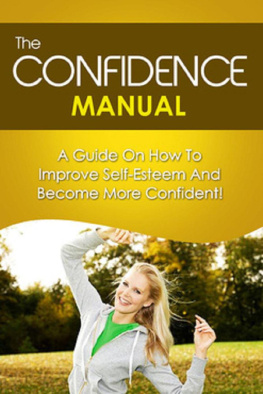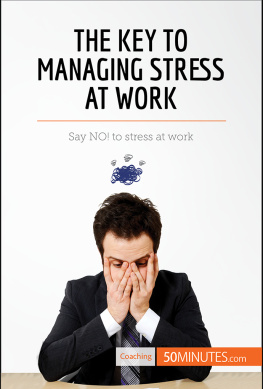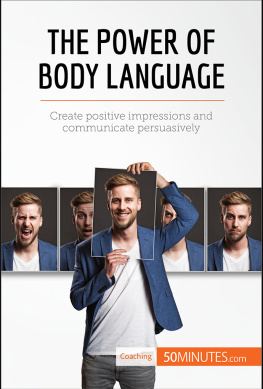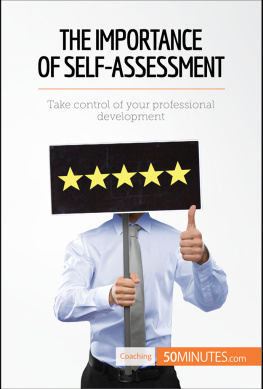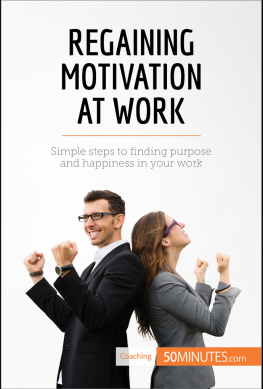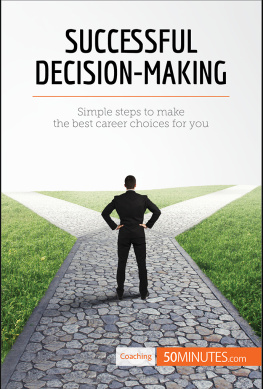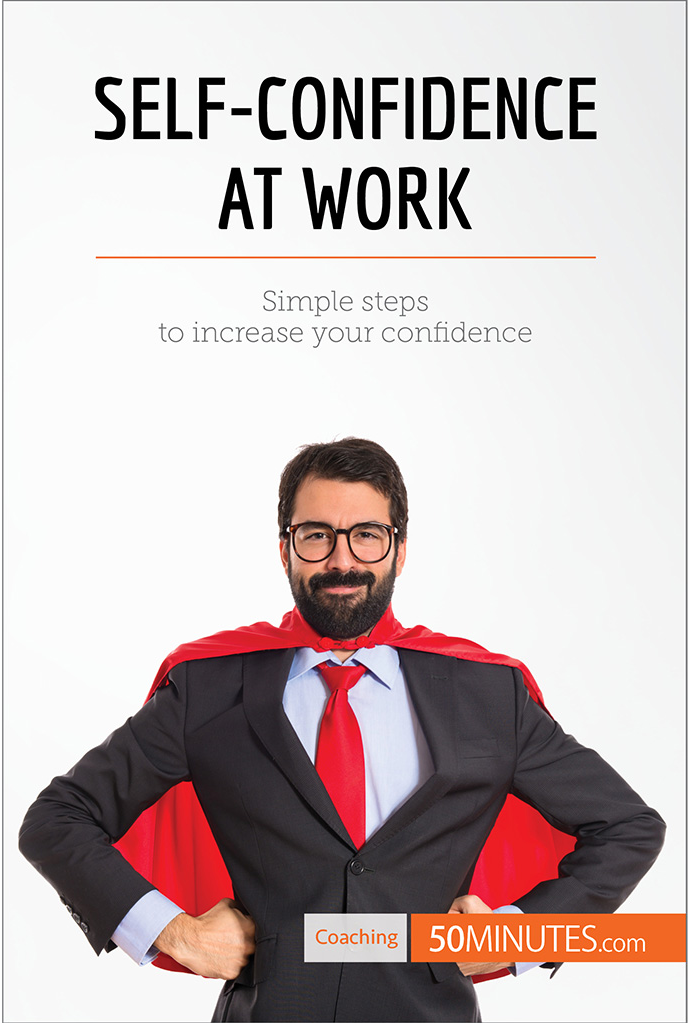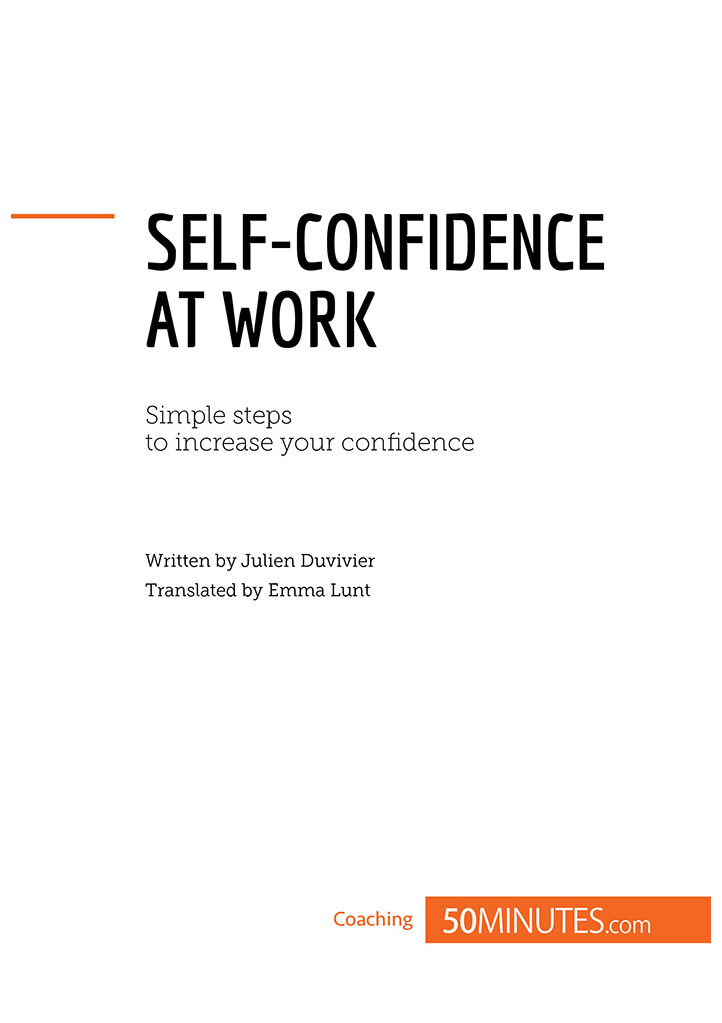The increasing number of professional coaches and the new types of therapies highlight the fact that physical and psychological suffering in the workplace has become one of the main problems in Western societies. From the top manager to the lowest employee, we all have difficulty thriving professionally and we experience a series of frustrations that often translate into a lack of self-confidence.
This issue of self-confidence within our professional activity firstly involves reversing an assumption that is still widely accepted today and affirming, in the words of the psychologist and psychoanalyst Roland Guinchard, that work is a personal experience that is experienced collectively and not the other way around (Guinchard, 2011: 1).
Here we find the increasingly widespread idea that our work has to be the expression of a private and profound desire (a subconscious force that drives us to work) so that it is no longer seen as a job, an inescapable constraint to which we are subjected. In order to get away from this logic of were all in the same boat, which makes work miserable and unfulfilling, it is a good idea to explore what motivates us and what defines us personally to ask ourselves this question: how can my work make use of my self-confidence and become a place of accomplishment?
This short guide aims to get you to ask yourself the right questions and to enable you to freely explore the paths that will lead you to climb the professional ladder in accordance with your most profound aspirations. You will also find practical tools enabling you to quickly affirm yourself in your daily work.
This quotation has been translated by 50Minutes.com.
Unfailing confidence: the basics
Self-confidence; a complex idea
Different meanings
Self-confidence as a concept first appeared in the writing of William James (1842-1910), an American psychologist considered to be the father of psychology in the United States, in his work Principles of Psychology , which was published in 1890.
According to him, self-confidence is the opinion that we have of ourselves regarding what we have done. This perfectly summarises the state of mind that today dominates the Western world and that tends to represent the individual as a disembodied object: we would thus be subjected to the same laws as an organisation or a state whose results are measured by turnover or gross domestic product (GDP). This is an entirely external self-confidence, based on appearance, and its limitations can be seen in the simple fact that even the performance indicators of organisations and states tend to increasingly involve our wellbeing as employees and citizens in their assessments.
Starting from this behaviouristic perspective as developed by William James, which defines the individual as the product of what they do, being self-confident is the result of a collection of behaviours and results that can be observed from the outside. Although it is absolutely true that our professional achievements, demonstrated through concrete and visible results, are closely linked to our feeling of self-confidence, is this definition not an overly-restrictive view that tends to categorise us? Are winners not always losers someday, and vice versa?
Good to know
Behaviourism is a psychological approach that first appeared at the start of the 20th century. It involves studying the psyche of an individual based on what we can observe from their behaviour, history and the interactions they have had with their surroundings.
Self-confidence has another meaning which, without excluding the analysis of external behaviours as a determining sign, prefers to approach the issue around the idea of self-belief. Through this concept, we can connect self-confidence with a collection of characteristics that the first approach did not: believing in ourselves gives us the opportunity to have confidence in our desires, our hopes, our strengths and our reference points to act. We advance securely, with the firm assurance that there is a strength within us which exists without necessarily needing to prove itself. And it is this energy that enables us to have a positive influence on the outside world and to take the risk to affirm ourselves.
The constellation of self-confidence
In his work Croire en soi ou la confiance perdue et retrouve ([ Believe in yourself or confidence lost and found ], 2004), the psychoanalyst and psychosociologist Jean-Claude Liaudet introduces the idea of the constellation of self-confidence by asking the following questions: What difference is there between self-confidence, self-esteem and self-love? How does knowing oneself contribute to self-confidence and assurance, to self-affirmation? (Liaudet, 2004: 35).
Indeed, we tend to confuse self-confidence, self-esteem and self-love with being sure of ourselves, asserting ourselves, accepting ourselves and knowing ourselves. We have the impression that all these terms are the same, and it is for this reason that we often struggle to understand why we are incapable of reacting in the way we want to when faced with a professional situation that makes us lose self-confidence. We can try to understand the challenges of each element of this constellation by viewing it as a process.
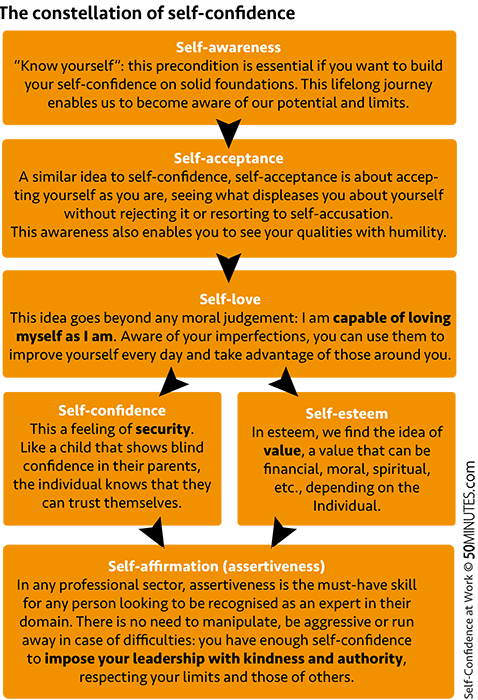
Although they are defined differently, it goes without saying that these ideas intermingle and interact with each other. As a consequence, none of what is said above should be taken as a rigid process with fixed steps: depending on the history and specificities of each individual, a particular path must be followed to gain self-confidence.
Self-analysis: the Gordon test
Thomas Gordon (1918-2002) was an American psychologist and a pioneer in conflict resolution. Drawing heavily on Abraham Maslows (1908-1970) work on the satisfaction of needs, he conceptualised the idea of win-win. According to him, seeking to understand the other person will have a direct impact on self-assurance.
The Gordon test can be useful for any person wanting to know themselves better with the aim of gaining self-confidence in their professional life. It enables them to analyse their own self-confidence in order to have a starting point for self-reflection.

